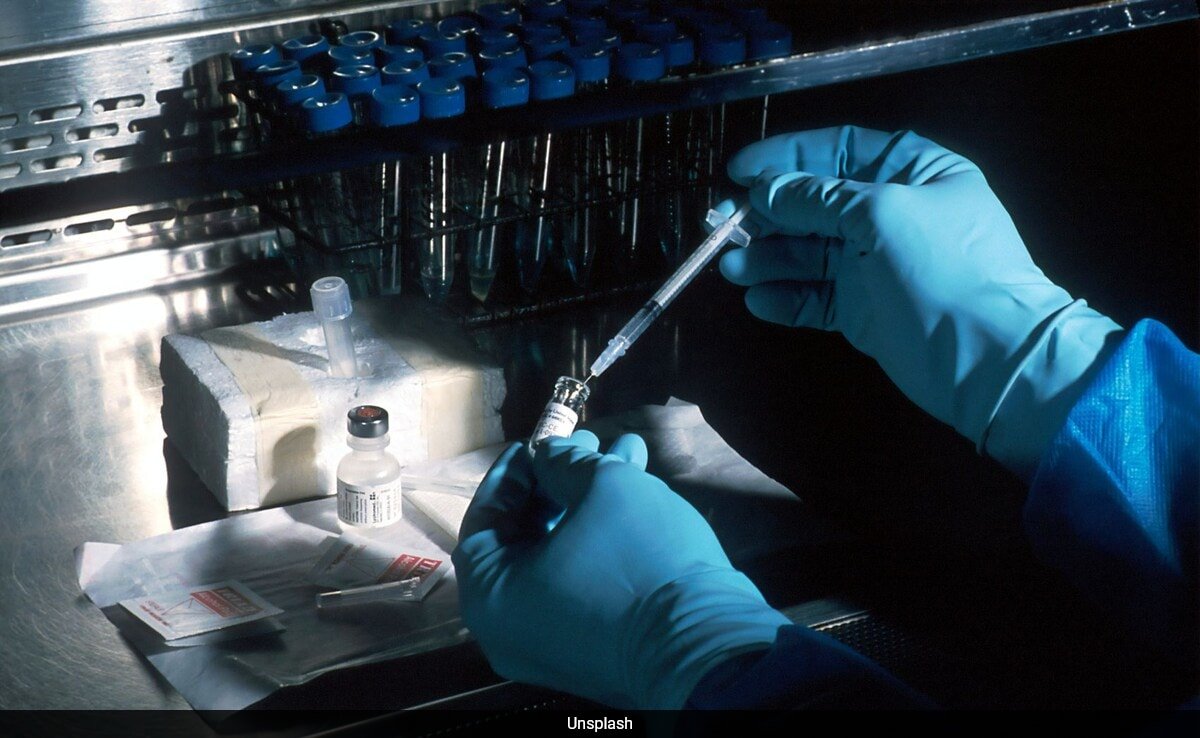
Dr Jie Yang, from the University of Cambridge, told The Metro that the discovery was ‘a Eureka moment’, as before this the scientists were not ‘aware of the implication of our findings in understanding the anti-metastatic activity of aspirin.’
According to a BBC report, aspirin disrupts the platelets and removes their influence over the T-cells so they can hunt out the cancer.
Prof Rahul Roychoudhuri, from the University of Cambridge, told BBC: “What we’ve discovered is that aspirin might work, surprisingly, by unleashing the power of the immune system to recognise and kill metastasising cancer cells.”
He thinks the drug would work best in cancers that have been caught early and could be used after treatment, such as surgery, to help the immune system find any cancer that might already have spread.
“If you are a cancer patient, don’t rush to your local pharmacy to buy aspirin just yet, but actively consider participation in ongoing or upcoming trials of aspirin,” says Prof Mangesh Thorat, a surgeon and cancer researcher at Queen Mary University of London, told the BBC.
He says the study provided “the missing piece of the jigsaw puzzle” in understanding how aspirin works, but there were still questions to answer.
But there is risk…
The BBC report suggests that aspirin can cause dangerous internal bleeding, including strokes, so the risks have to be balanced. It is also not clear whether the effect works for all cancers or just specific ones. And this is still animal research, so while the scientists think this would apply to people, that will still need to be confirmed.
Some patients – with Lynch syndrome, which increases the risk of cancers – are already recommended aspirin. But it will still take proper clinical trials to understand whether more patients would benefit too.

